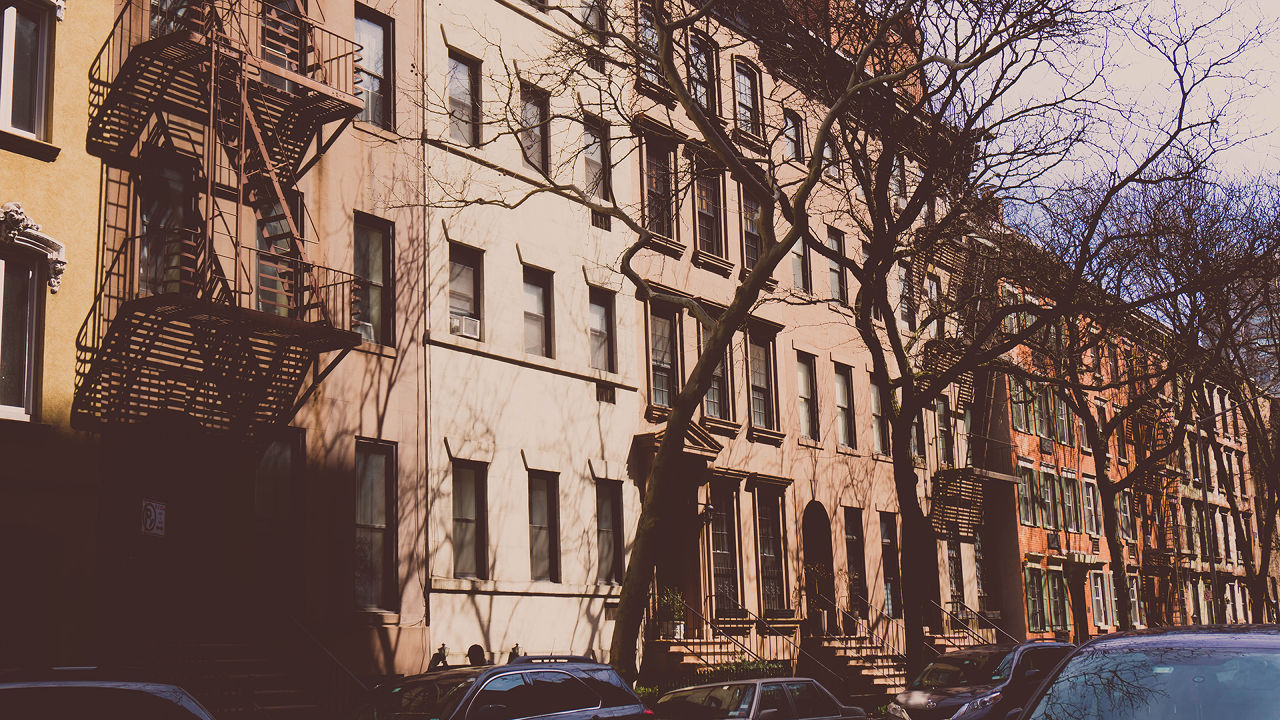General Assembly Cofounder Raises $7.3 Million For Housing Startup
Common is taking the coworking model to housing.
The rent is too damn high, and a wave of startups wants to fix this problem for young professionals by coordinating group living situations. One of them, Common, announced on Thursday that it has raised $7.35 million in series A funding.
Founded by Brad Hargreaves, a cofounder of trade school General Assembly, Common plans to apply the coworking model to housing. Much like coworking members pay for access to a desk in a larger office space shared by many, Common members will pay on a month-to-month basis to stay in rooms throughout a network of houses for which the company provides shared items like pots and pans, living room furniture, and toilet paper; coordinates utilities like Wi-Fi and house cleaning; and plans community events like potluck dinners.
The startup’s first houses, brownstones in the Crown Heights and Bed-Stuy neighborhoods of Brooklyn, are scheduled to open this fall.
Hargreaves is not using venture capital to buy real estate. Common’s real estate partners purchase the buildings and give Common access to long-term leases. The funding will be used to build software to manage group living and to build a team around the experience.
The problem that Common aims to solve is compelling: In addition to being expensive, finding a solo apartment in a market like New York City often comes with requirements that recent college graduates aren’t likely to meet—two years of tax returns showing a high salary, big bank accounts, or even just being in the city to attend in-person open houses. “Coliving” provides an alternative to finding roommates on Craigslist, and big players like WeWork have plans to pursue the business.
Last month, the closure of Campus, the largest startup in this space, cast some doubt on whether this business model could be viable. Tom Currier, the company’s CEO, wrote to tenants in Campus’s 34 houses that “sadly—very sadly—despite continued attempts at working with current and alternative business models, we were unable to find a way to make Campus into an economically viable business.”
Hargreaves says Common’s business model differs in important ways from that of Campus. For instance, his relationships with real estate partners mean that he can save money on rent and secure long-term situations that are less tenuous than short-term leases. “Campus did not die for lack of demand,” he says.
Fast Company , Read Full Story
(98)














